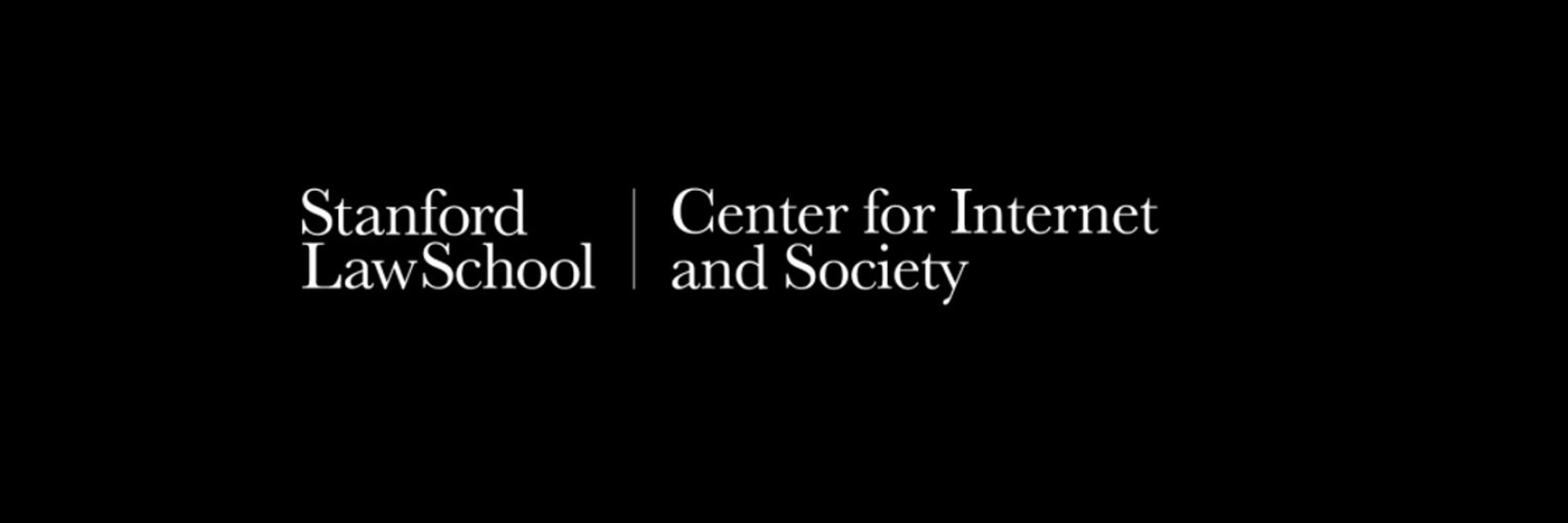

youtu.be/ewS6RacTWGI?...

youtu.be/ewS6RacTWGI?...
teachprivacy.com/video-dealin...

teachprivacy.com/video-dealin...
Analysis by @riana.bsky.social : cyberlaw.stanford.edu/blog/2025/12...

Analysis by @riana.bsky.social : cyberlaw.stanford.edu/blog/2025/12...


youtu.be/EqZOzwVaZp8?...

youtu.be/EqZOzwVaZp8?...






www.techpolicy.press/determining-...

www.techpolicy.press/determining-...


journals.sagepub.com/doi/10.1177/...

journals.sagepub.com/doi/10.1177/...




cyberlaw.stanford.edu/blog/2025/10...

cyberlaw.stanford.edu/blog/2025/10...

